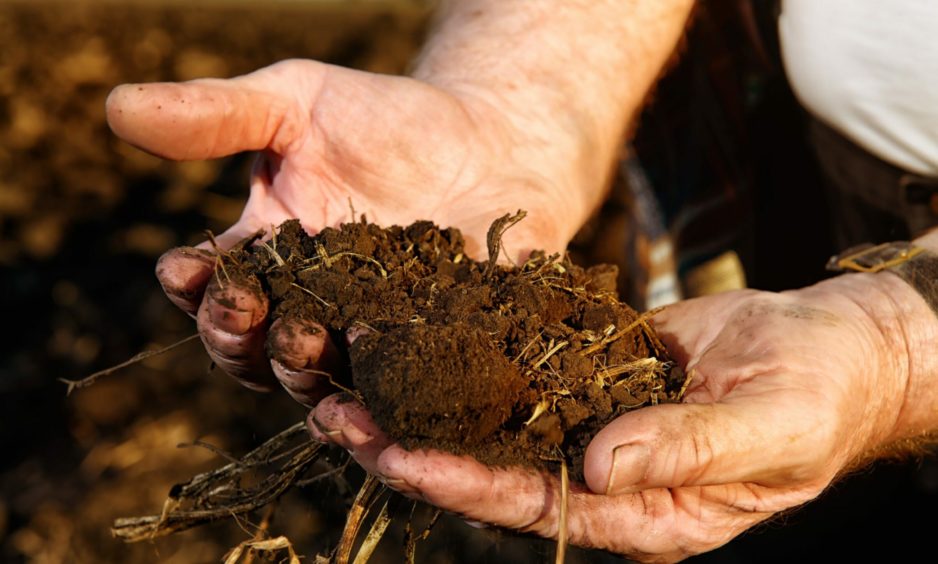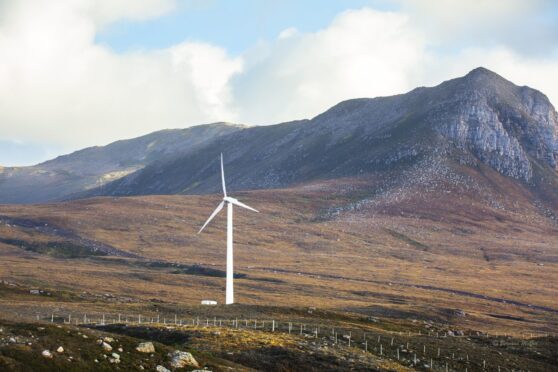It’s not as though we haven’t heard about climate change or the land grab by non-agricultural investors, but many of the farmers who took part in a union webinar on carbon got a wakeup call this week.
They discovered the industry is in real danger of selling itself short by trading carbon credits away for a quick buck.
Many of the most forward-thinking producers have already completed carbon audits – the fundamental assessment of the status of the land – and funding by the Scottish Government’s £51 million National Test Programme means more will soon be in the pipeline.
But the event highlighted a lack of understanding about the intricacies of carbon trading – and a resource that before long will be integral to farm support payments.
The union’s aim was to get feedback from members on key questions in a UK Government consultation on carbon audits, sequestration and trading. The questions included: do we need a standardised carbon calculator to validate emissions and sequestration of greenhouse gases? Should carbon trading be available to provide an income for farms and crofts? Should the carbon trading market be regulated?
Hundreds of questions and responses flooded in to the meeting, and some of the answers sounded alarm bells – although even the experts are unclear about fundamental issues such as ownership on tenanted or croft land.
What was clear, however, was that credits come with long-term commitments and a requirement to manage risks such as the impact of storms, fires and natural disasters.
Most significantly, carbon credits can only be sold once.
In challenging times, when cash flow is tight, it’s easy to understand the temptation to sell a resource that until recently hasn’t been quantified or featured on any balance sheet, but farmers were reminded that very soon they’re going to need to find ways of off-setting their own greenhouse gas emissions to be eligible for government support.
Of course producers have a personal responsibility to be engaged with the latest science and stay abreast of new regulations, but as the big polluters hover over farms with generous chequebooks, there is also an urgent need for a government awareness campaign, “green” training and some basic guidelines – long before
the outcome of the UK Government consultation.
The genie is well and truly out of the bottle, and if action isn’t taken soon, there’s a significant risk the sector will sleepwalk into losing control of its buried treasure.











